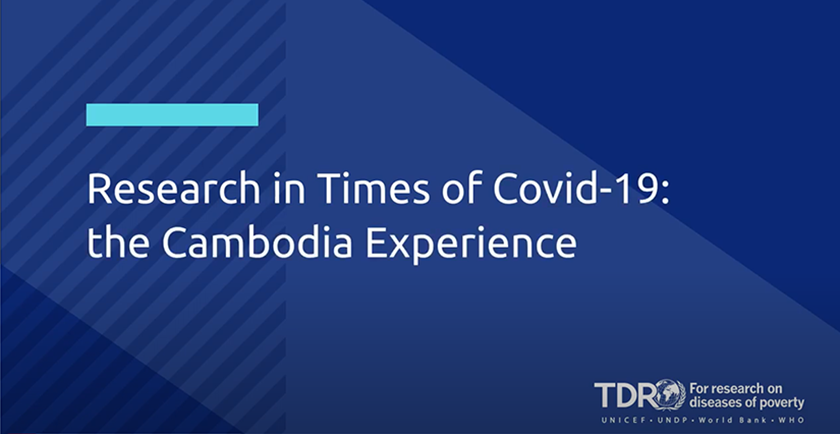The ShORRT initiative on tuberculosis (TB) research, a collaboration between TDR, the WHO Global TB Programme and partners, is now involving and supporting 25 countries worldwide. Below, we highlight how Pakistan is adapting the ShORRT operational research package to support implementation of new treatments to tackle drug-resistant TB.
In the latest World Health Organization’s (WHO’s) guidelines on drug-resistant tuberculosis (DR-TB) treatment, modifications to the recommended all-oral treatments for multidrug- and rifampicin-resistant (MDR/RR) TB and novel regimens for patients with extensively drug-resistant TB are encouraged under operational research conditions.
TDR, in collaboration with the WHO Global Tuberculosis Programme and technical partners, has developed an operational research package (dubbed ShORRT, Short, all-Oral Regimens for Rifampicin-resistant Tuberculosis) to support the implementation of such drug regimens.
Since its official launch in November 2019, the ShORRT initiative is now involving and supporting 25 countries worldwide, working alongside WHO regional and country offices, academia, technical partners such as KNCV Tuberculosis Foundation, the Union and Damien Foundation, and funding agencies such as the United States Agency for International Development (USAID) and The Global Fund to Fight AIDS, Tuberculosis and Malaria.
ShORRT in Pakistan
Not only does Pakistan rank fifth among countries with a high burden of TB (estimated incidence in 2019: 263/100 000 population), but it has also a high burden of MDR-TB. This continues to be a formidable challenge: a drug resistance survey conducted in 2012–2013 found that 4.2% of new and 7.3% of previously treated TB patients have MDR/RR-TB. The level of resistance to fluoroquinolones is also high, with about 36% of DR-TB patients found to be resistant to fluoroquinolones. Only 64% of patients with MDR/RR-TB successfully complete their treatment.
In 2020, the Association for Social Development (ASD) and the National TB Control Programme of Pakistan have adapted the ShORRT research package and developed their study which aims to evaluate the effectiveness and safety of a novel shorter all-oral drug regimen for MDR/RR-TB, which comprises nine months of bedaquiline, linezolid, levofloxacin, clofazamine, isoniazid pyrazinamide, and ethambutol, compared with the standard 11-month long all-oral treatment regimen with bedaquiline, levofloxacin, clofazamine, isoniazid, pyrazinamide and ethambutol.
In addition, the study aims to assess the cost-effectiveness and impact on the health-related quality of life of patients of the novel drug regimen as well as the feasibility of implementing such a regimen.
The study was designed as a stepped-wedge randomised controlled trial, where the new all-oral shorter MDR/RR-TB regimen is being sequentially rolled-out to 12 MDR-TB treatment sites, of which ten are in Punjab and two in Islamabad and Muzafarabad districts, respectively.
The study aims to enrol 300 patients in each study arm. In 2020, the COVID-19 pandemic has had a negative impact on access to TB diagnosis and treatment in many countries, including Pakistan where notifications have fallen. This has meant that recruitment for the study has been slower than expected. However, despite the challenges posed by the COVID-19 pandemic, as of February 2021, 143 patients have been recruited in the control group across the study sites, while recruitment in the intervention arm has started in mid-January at three study sites.
| PMDT sites | July 2020– mid-Jan 2021 | mid-Jan 2021– May 2021 | June 2021– mid-Oct 2021 | mid-Oct 2021– Feb 2022 | March 2022– mid-July 2022 |
|---|---|---|---|---|---|
| Group-4 1. BVH Bahawalpur 2. DHQ Sialkot 3. AIMS Muzaffarabad | Standard all-oral treatment regimen | Standard all-oral treatment regimen | Standard all-oral treatment regimen | Standard all-oral treatment regimen | New all-oral treatment regimen |
| Group-3 1. DHQ Faisalabad 2. Leprosy Rawalpindi 3. Sheikh Zayed RYK | Standard all-oral treatment regimen | Standard all-oral treatment regimen | Standard all-oral treatment regimen | New all-oral treatment regimen | New all-oral treatment regimen |
| Group-2 1. Mayo Lahore 2. DHQ Sargodha 3. PIMS Islamabad | Standard all-oral treatment regimen | Standard all-oral treatment regimen | New all-oral treatment regimen | New all-oral treatment regimen | New all-oral treatment regimen |
| Group-1 1. Nishtar Multan 2. Jinnah Lahore 3. Samli Rawalpindi | Standard all-oral treatment regimen | New all-oral treatment regimen | New all-oral treatment regimen | New all-oral treatment regimen | New all-oral treatment regimen |
The study in Pakistan is the first in the ShORRT initiative that includes an economic evaluation. This evaluation, conducted in collaboration with McGill University, can provide important information to the TB programme in Pakistan and worldwide about the affordability of new all-oral shorter treatment regimens, their cost-effectiveness in relation to other treatment options, long-term sustainability of such regimens, and budgeting.
“This operational research supported by TDR will help inform decisions of the national TB control programme on wide-scale implementation of novel all-oral shorter MDR/RR-TB treatment regimens in Pakistan,” said Dr Muhammad Amir Khan, Chief Executive for the Association for Social Development (ASD). | 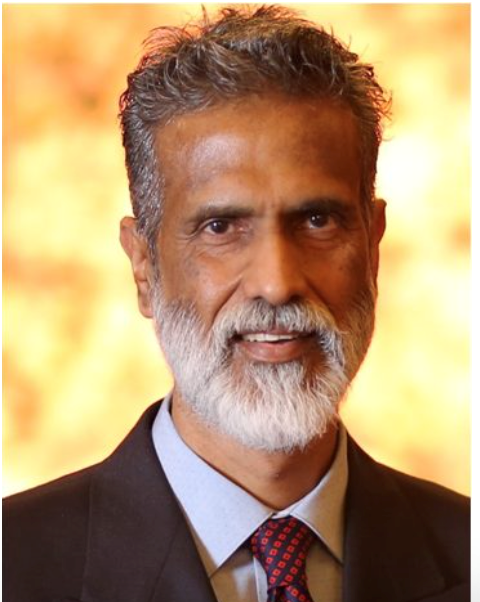 |
TDR and partners can conduct its work thanks to the commitment and support from a variety of funders. These include our long-term core contributors from national governments and international institutions, as well as designated funding for specific projects within our current priorities. A full list of TDR donors is available on our website.
USAID has contributed designated funding for the development and implementation of the ShORRT initiative.
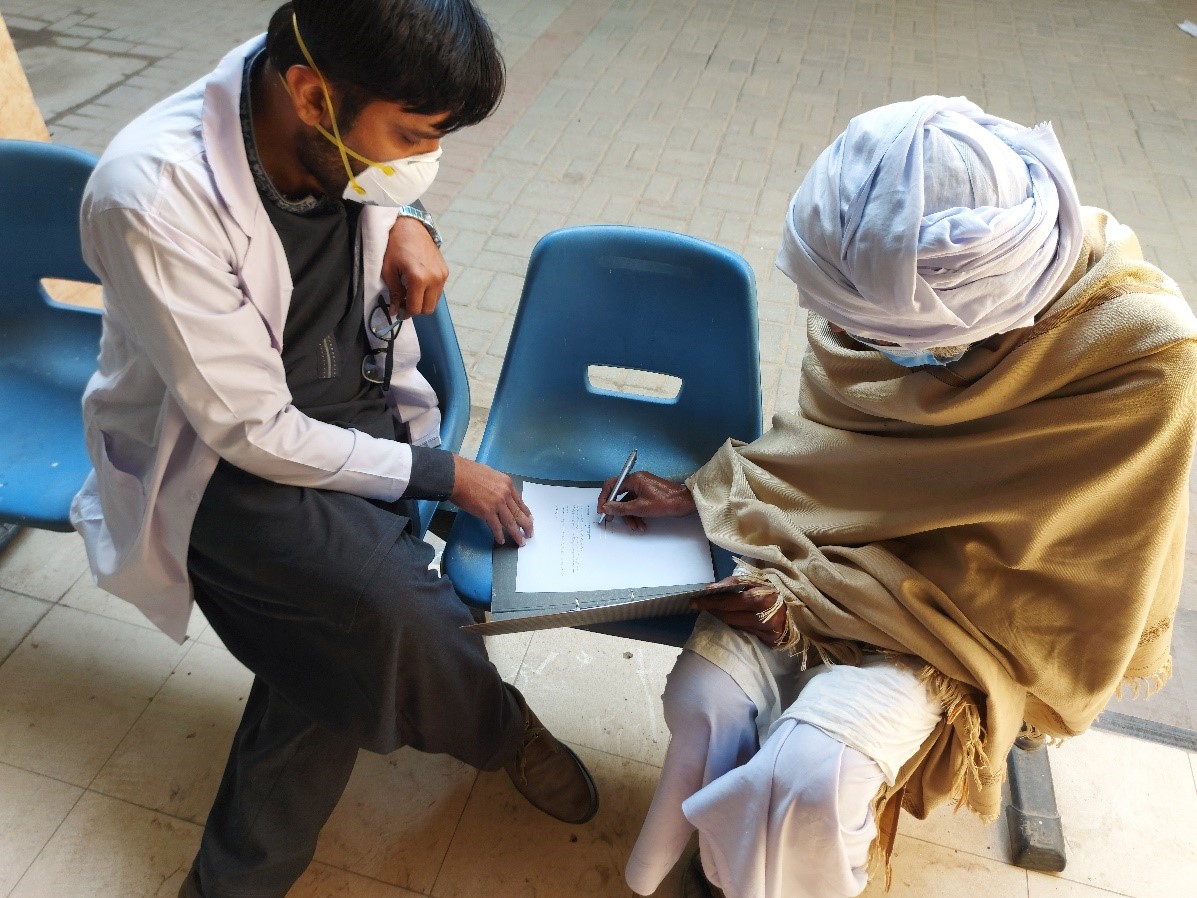
A clinician named Dr Qureshi is obtaining informed consent from a patient at Bahawalpur PMDT site.
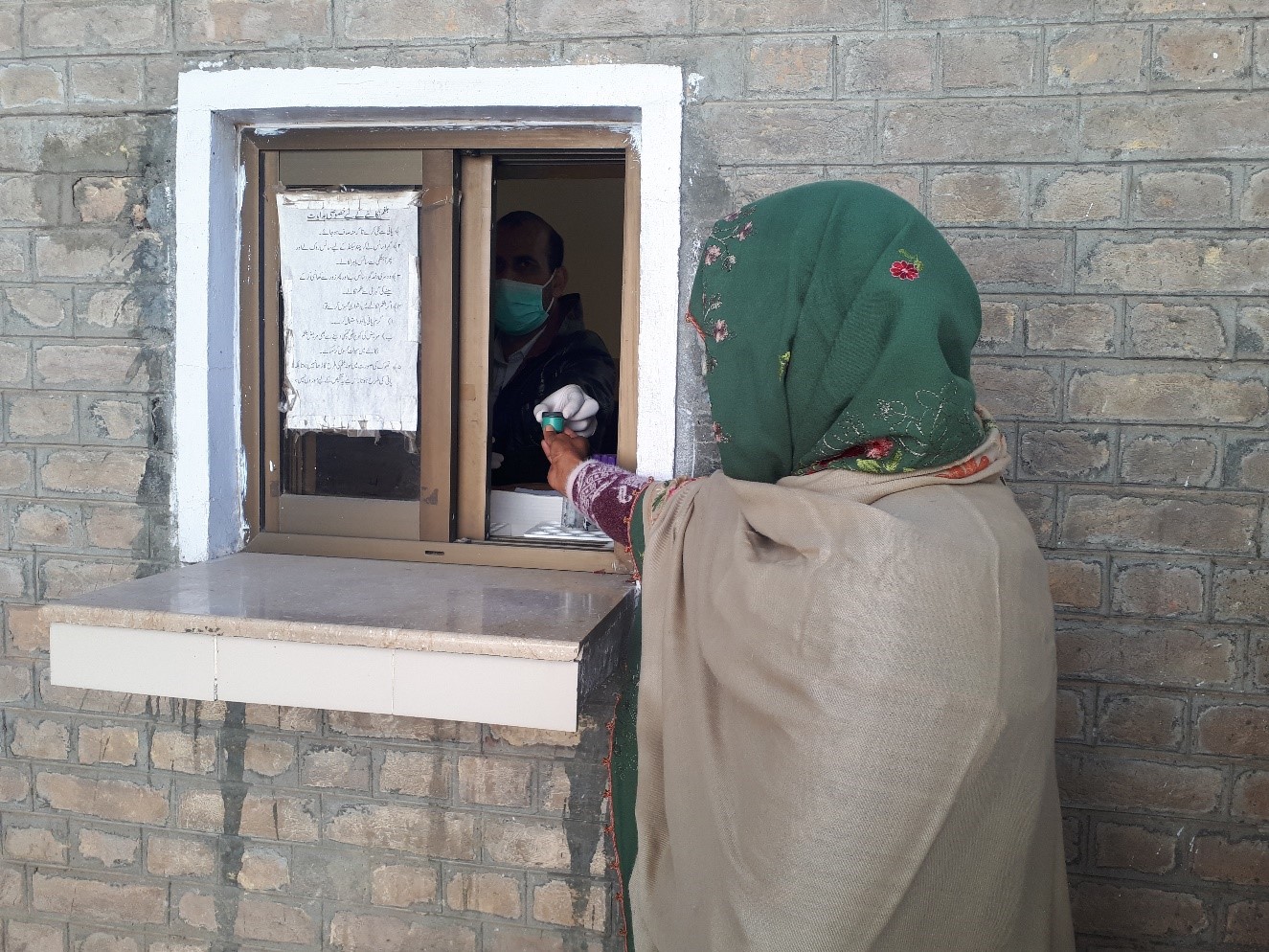
A patient is depositing her sputum sample at PMDT site of Samli.
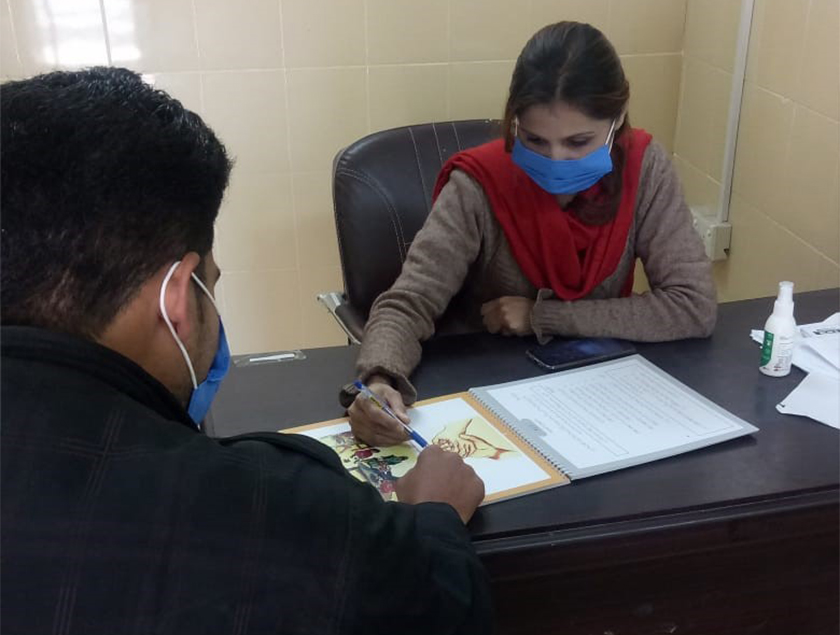
A psychologist is counselling a patient PIMS Islamabad PMDT site.
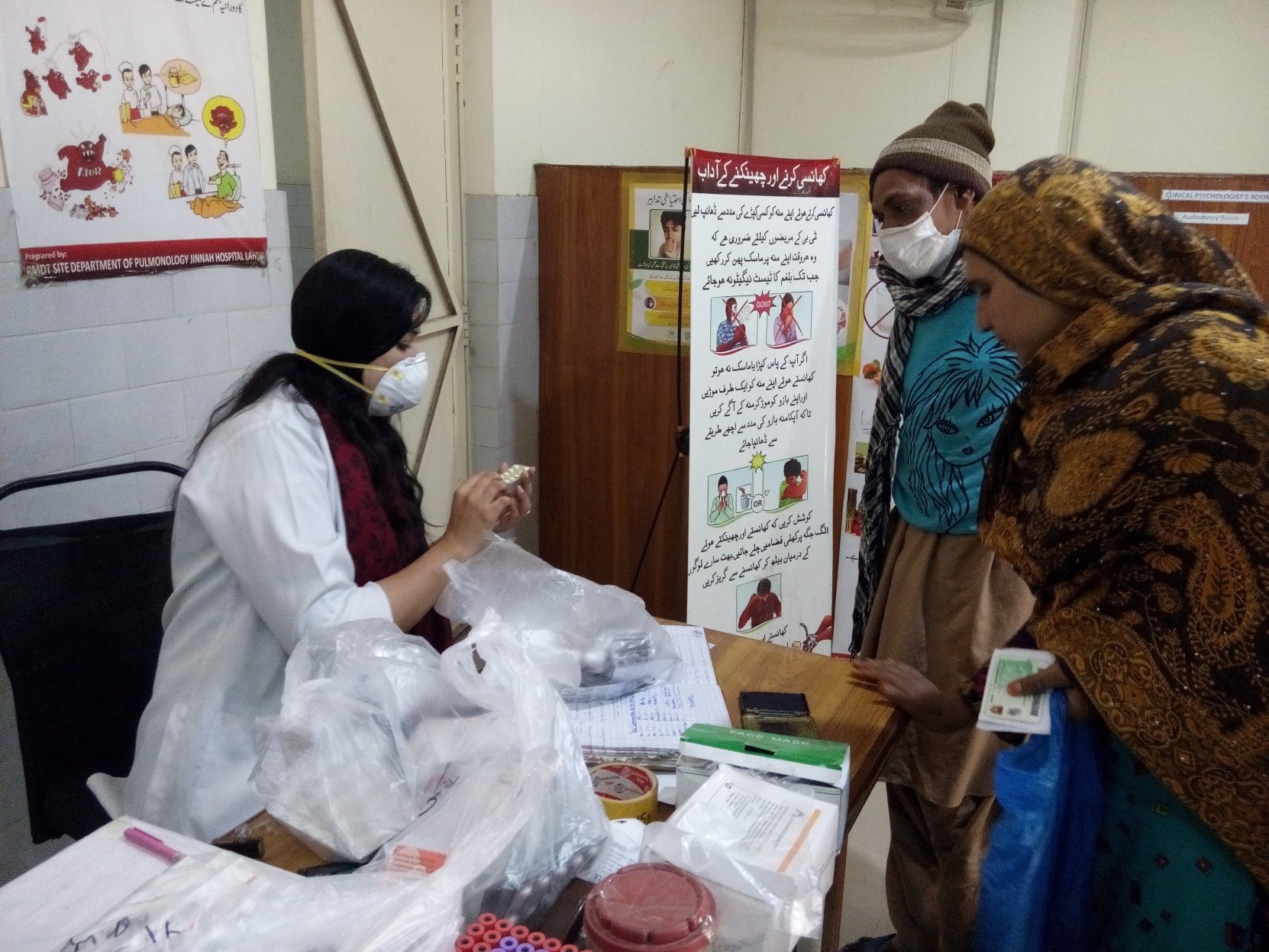
Patients at PMDT site of Jinnah Hospital Lahore are collecting their medications.
For more information, please contact Dr Corinne Merle, TDR


